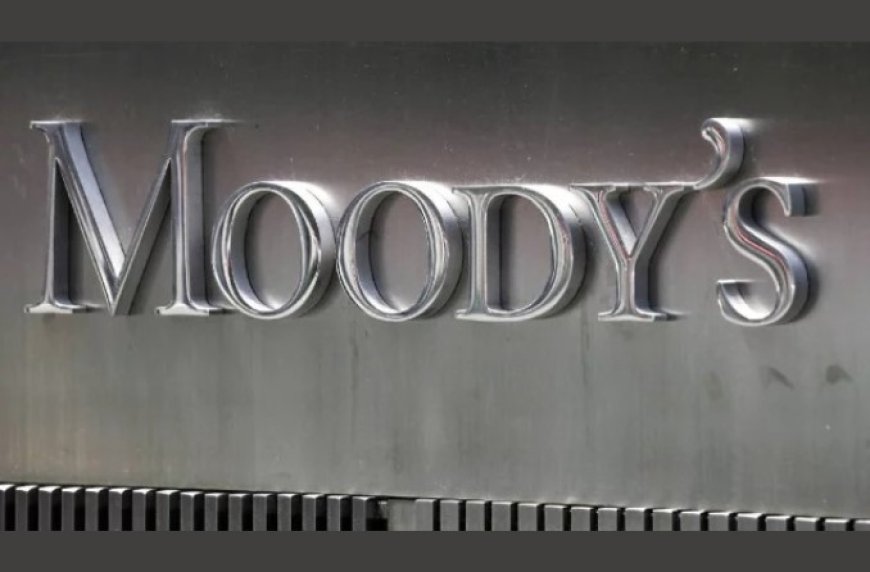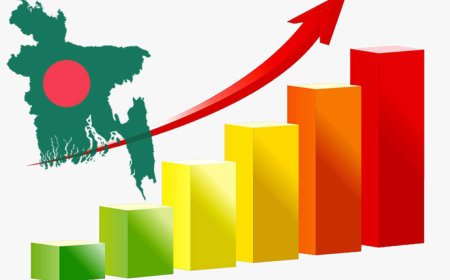Moody’s has revised Bangladesh’s outlook to negative
Moody’s has revised Bangladesh’s outlook to negative

On Monday, Moody’s downgraded Bangladesh’s economic outlook from stable to negative, citing increased political risks and lower growth projections following recent political and social unrest, which led to a change in government. The agency also downgraded Bangladesh’s credit rating from B1 to B2, reflecting higher government liquidity risks, external vulnerabilities, and banking sector concerns.
Moody’s revised Bangladesh’s growth forecasts downwards, reducing the projection for Fiscal Year 2025 from 6.3% to 4.5%, and for Fiscal Year 2026 from 6.0% to 5.8%.
The agency noted that political risk has risen due to the recent social unrest, which resulted in the resignation of former Prime Minister Sheikh Hasina and the establishment of an interim government led by Nobel laureate Muhammad Yunus. Moody’s highlighted that the risk of implementing reforms under the current IMF program has increased, and the lack of a clear election roadmap adds uncertainty regarding the long-term commitment to reforms. The report also suggested that the interim government’s ability to push through difficult reforms could be hindered if it struggles to address social demands, such as controlling inflation and reducing high unemployment.
Moody’s further pointed out that elevated social risks, the lack of a clear election path, deteriorating law and order, and the resurgence of community-based tensions contribute to political instability. While remittance inflows and loans from development partners have improved, external vulnerabilities remain due to a continued decline in Bangladesh’s reserve buffer over recent years.
The negative outlook reflects potential risks to Bangladesh’s growth prospects, which could strain the country’s already fragile fiscal position and worsen external vulnerabilities. These risks include weaker domestic demand and disruptions to supply chains, stemming from recent protests and deteriorating law and order, which threaten the export outlook and the prospects for the ready-made garment sector.
Despite the interim government’s commitment to a broad reform agenda, Moody’s expressed uncertainty about its capacity to execute these reforms. The agency also noted that inflation will remain high, likely prompting Bangladesh Bank to maintain a tight monetary policy, which could dampen consumption. Given that inflationary pressures are driven primarily by supply-side factors, such as supply chain disruptions and high domestic food prices, Moody’s expects monetary policy to have limited effectiveness, further compounded by the country’s weak policy transmission mechanisms.
What's Your Reaction?





















































































